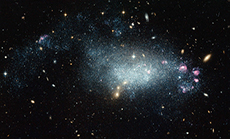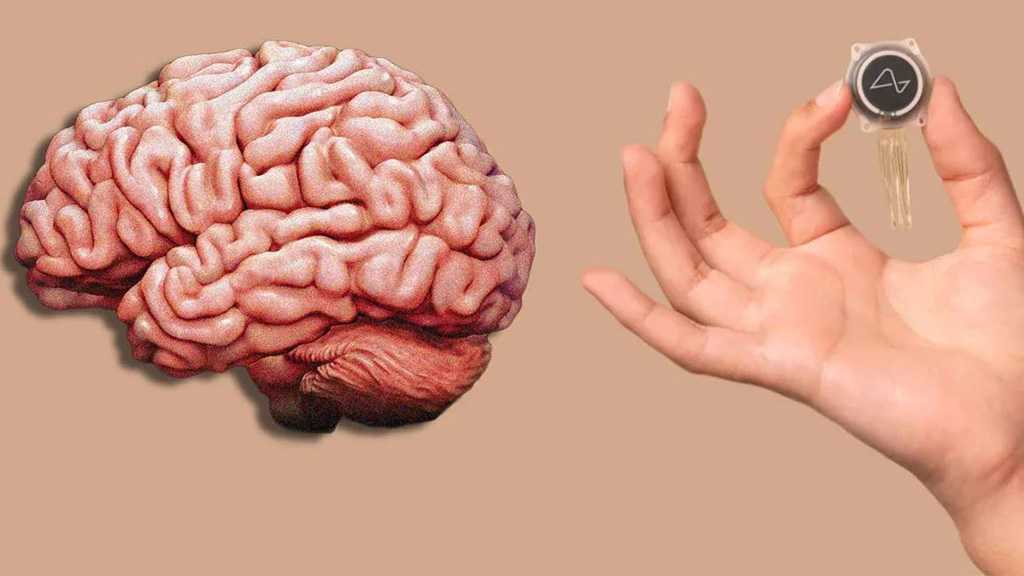
Unique Organic Molecule Discovered in Deep Space

Local Editor
A new kind of organic molecule has been discovered in a giant gas cloud in interstellar space, indicating that more complex molecules - the very core building blocks of life - can potentially form outside of the Earth and even be widespread in space.

While finding a simple organic chemical in space is nothing new, a carbon-bearing molecule with a branched structure has been discovered for the first time, indicating that biologically crucial molecules can form not only on Earth, but in deep space too.
Scientist Dr. Arnaud Belloche of the Max Planck Institute for Radioastronomy and his colleagues found the molecule in a gas cloud called Sagittarius B2 - the "star factory" near the center of the Milky Way where many new stars are formed.
The team used the 12 telescopes of the Atacama Large Millimeter/submillimeter Array [ALMA], in Chile, to make its observations.
"Amino acids on Earth are the building blocks of proteins, and proteins are very important for life as we know it. The question in the background is: is there life somewhere else in the galaxy?" Belloche told the BBC.
He added, "Our goal is to search for new complex organic molecules in the interstellar medium."
"The enormous abundance of iso-propyl cyanide suggests that branched molecules may in fact be the rule, rather than the exception, in the interstellar medium," stated Robin Garrod, an astrochemist at Cornell University and a co-author of the paper, according to astrobiology.com.
As the finding is already a breakthrough, what scientists really hope to discover is actual amino acids.
"It's a step closer to discovering molecules that can be regarded as the building blocks or the precursors... of amino acids," Professor Matt Griffin, head of the school of physics and astronomy at Cardiff University said.
Source: News Agencies, Edited by website team
Comments
- Related News



